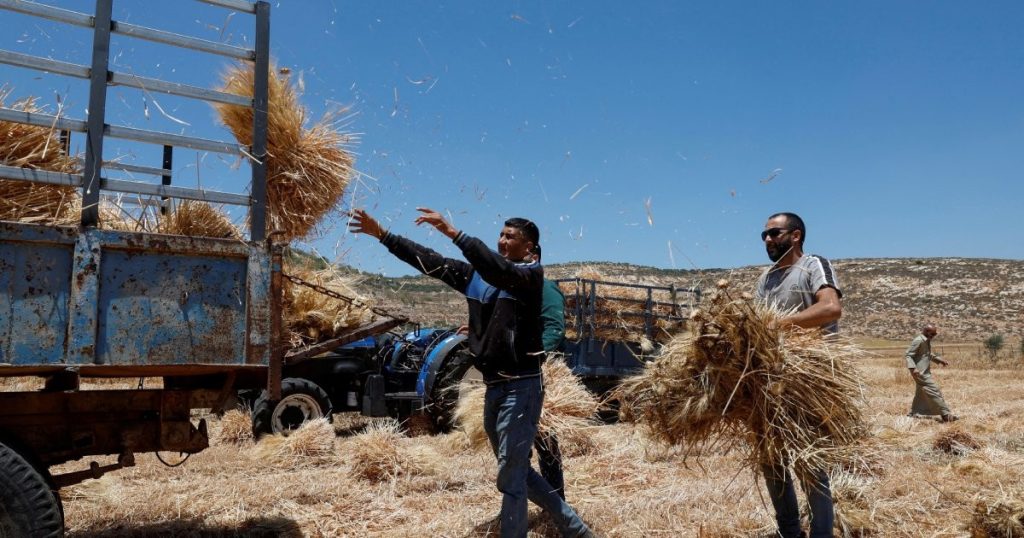Israel’s government has approved 22 new Jewish settlements in the occupied West Bank, a move that could deepen divisions with some allies who have threatened sanctions over such moves, Finance Minister Bezalel Smotrich said on Thursday.
Bezalel Smotrich, an ultra-nationalist advocating for Israeli sovereignty over the West Bank, wrote on X that the settlements would be in the northern West Bank, without specifying where.
Israeli media cited the Defence Ministry as saying that among the new settlements, existing outposts would be legalised and new settlements would also be built. A spokesperson for Defence Minister Israel Katz did comment on the announcement.
The Western-backed Palestinian Authority, which exercises limited rule in the West Bank, and the largely Gaza-based Islamist militant group Hamas condemned the Israeli decision.
The spokesperson for Palestinian President Mahmoud Abbas, Nabil Abu Rudeineh said it was a dangerous escalation, accusing Israel of continuing to drag the region into a “cycle of violence and instability, as this extremist Israeli government is trying by all means to prevent the establishment of an independent Palestinian state,” urging the U.S. administration to intervene.
After the announcement, B’Tselem, a leading Israeli human rights organisation, accused the right-wing government of advancing “Jewish supremacy through the theft of Palestinian land and the ethnic cleansing of the West Bank.”
In a statement, B’Tselem also criticised the international community for “enabling Israel’s crimes.”
The decision was praised by Yisrael Ganz, chairman of the Yesha Council, which represents Jewish settlements and has close ties with Prime Minister Benjamin Netanyahu. Ganz said the move countered the Palestinian Authority’s bid to establish a state.
“This historic decision sends a clear message we are here not only to stay but to establish the State of Israel here for all its residents and to strengthen its security,” he said.
Around 700,000 Israeli settlers live among 2.7 million Palestinians in the West Bank and East Jerusalem, territories Israel captured from Jordan in the 1967 war.
Israel later annexed East Jerusalem, a move not recognised by most countries, but has not formally extended sovereignty over the West Bank.
Read also: 80 killed in Israeli airstrikes, artillery shelling across Gaza
Palestinians regard the expansion of settlements as a hindrance to their aspirations to create an independent state in the Gaza Strip and West Bank, including occupied East Jerusalem.
There is a growing list of European countries demanding that Israel end the war in Gaza, while Britain, France and Canada this month warned Israel they could impose targeted sanctions if Israel continued to broaden settlements in the West Bank.
Meanwhile, most of the international community considers the settlements illegal. The Israeli government deems settlements legal under its laws, while some so-called outposts are illegal but often tolerated and sometimes later legalised.
Settlement activity in the West Bank has accelerated sharply since the outbreak of the Israel-Hamas war in Gaza, now in its 20th month. Israel has also stepped up military operations against Palestinian militants in the West Bank, and settler attacks on Palestinian residents have increased.
Hamas official Sami Abu Zuhri told the media that Thursday’s decision was part of “the war led by Netanyahu against the Palestinian people”. He urged the United States and European Union to respond to Israel’s announcement by taking action.



